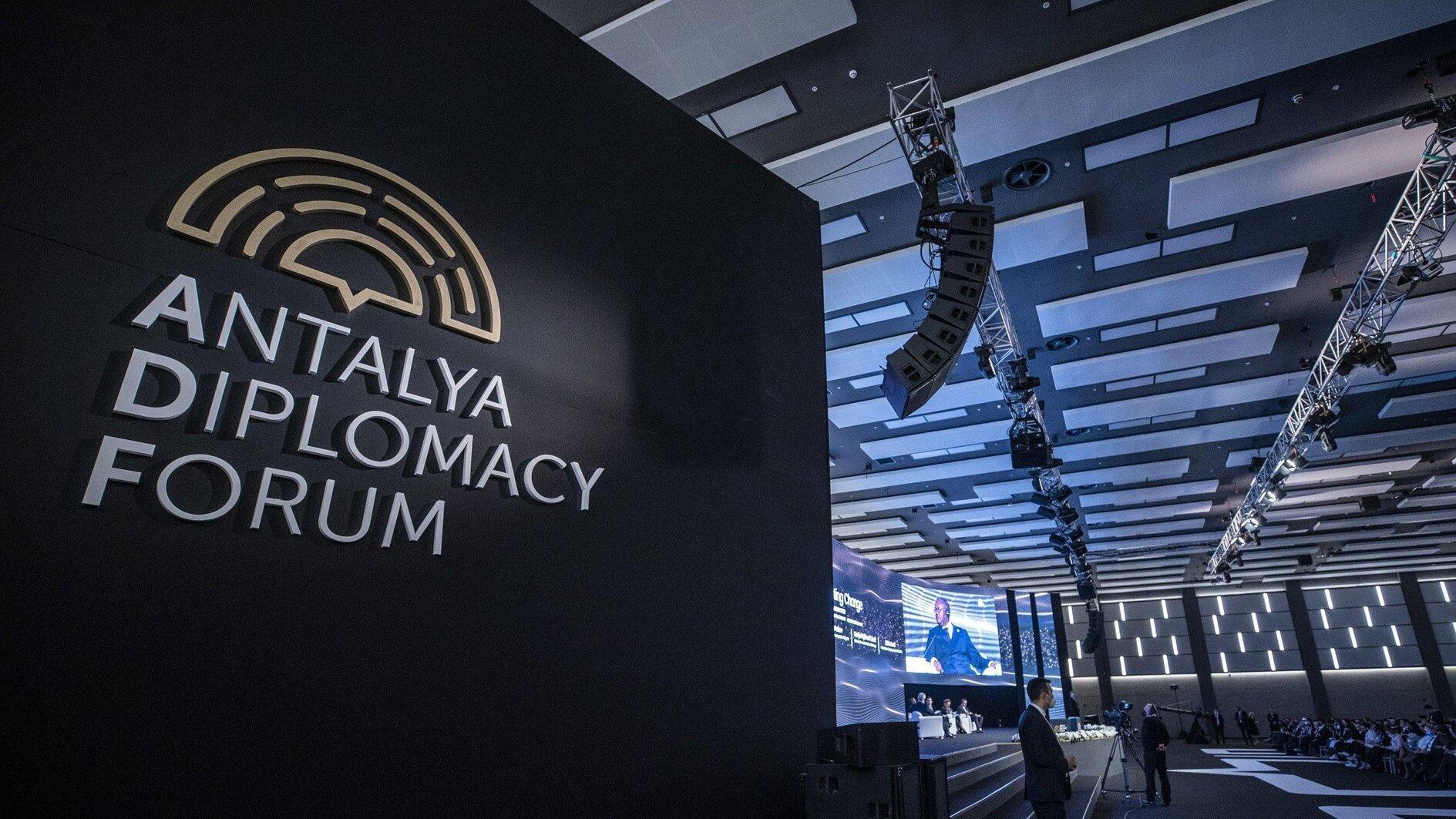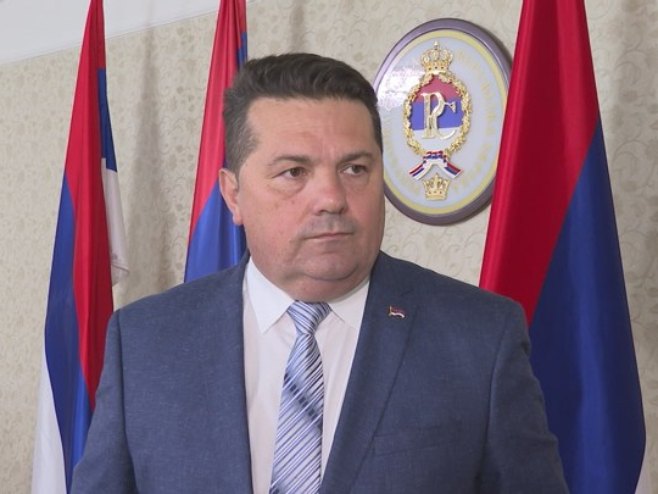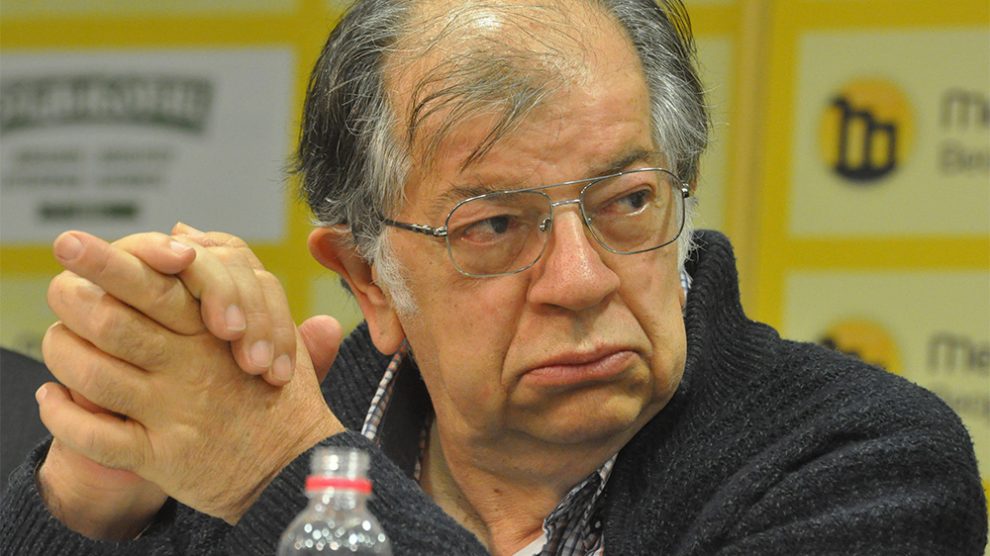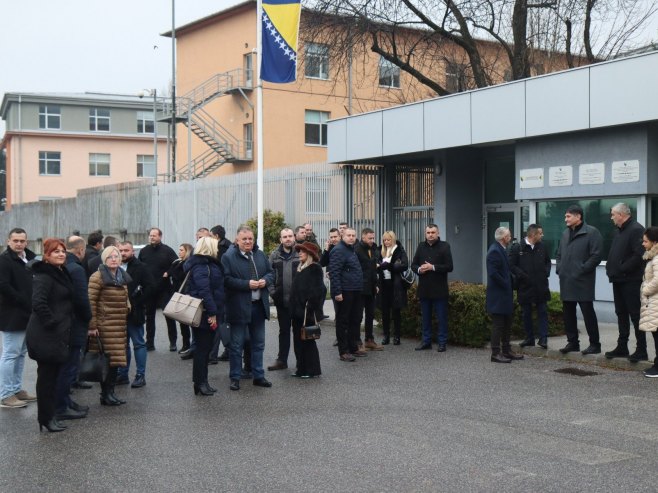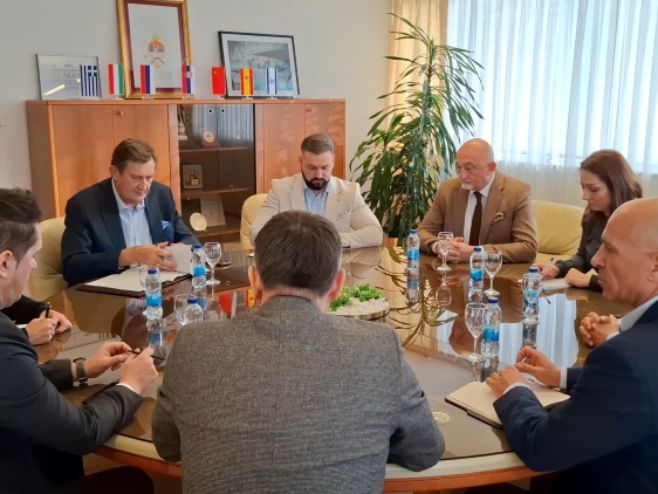“Teheran has long been unnoticed in BiH, so that offer came out of the blue.”
“On one hand, it could be seen as an encouragement to Muslim masses in Bosnia who show much stronger emotions of solidarity with the Arab world than the pro-American authorities in FBiH, naively hoping to join NATO and the EU soon. However, it might also be an encouragement for the Bosniak authorities not to blindly follow the crumbling American policy and fear upsetting Washington and Brussels.
Erdogan once referred to Alija’s legacy to take care of Bosnia. The Iranian ambassador, surely not acting on his own, offers help if there are problems. Does this mean that the resolution of the crisis in BiH involves not only the collective West, Russia, and China but also Turkey and Iran as strong Muslim countries? The first slipped out of Western control, the second is a Western arch-enemy, and both are, at the very least, unsympathetic to Orthodox Serbs. The situation is eased by the fact that both Turkey and Iran maintain good relations with Russia, the protector of Republika Srpska against Western pressures.
To prevent any assumptions that Tehran will help the Croats, Excellency Abuzar Ebrahim Torkaman accused the HDZ leader Dragan Čović of expanding Israel’s influence in BiH. Dodik was bypassed, although he initially supported the recently attacked Israel, albeit still in the phase before Netanyahu launched a severe retaliation in Gaza.
However, it remains unclear what the ambassador’s ‘in case of problems’ refers to. The Bosniak problem lies solely in their belief that the entire BiH is theirs and that its parts where Serbs and Croats have lived for ages are only temporarily occupied territories. Hence, Dodik’s peaceful separation might be the only rational solution.”
Written by: Nenad Kecmanović
“IRAN is ready to help Bosnia and Herzegovina in case of problems,” stated the former ambassador of the Islamic Republic in Sarajevo. However, he didn’t specify to whom or in what capacity, considering that Bosnia and Herzegovina is composed of three nations across two entities and multiple cantons, each facing different issues. Nevertheless, his statement didn’t leave anyone in doubt.
To prevent any assumptions that Iran will help the Croats, Excellency Abuzar Ebrahimi Torkaman accused the leader of the HDZ, Dragan Čović, of expanding Israel’s influence in BiH. Dodik was bypassed, even though he initially supported the recently attacked Israel, albeit still in the phase before Netanyahu launched severe retaliation in Gaza.”
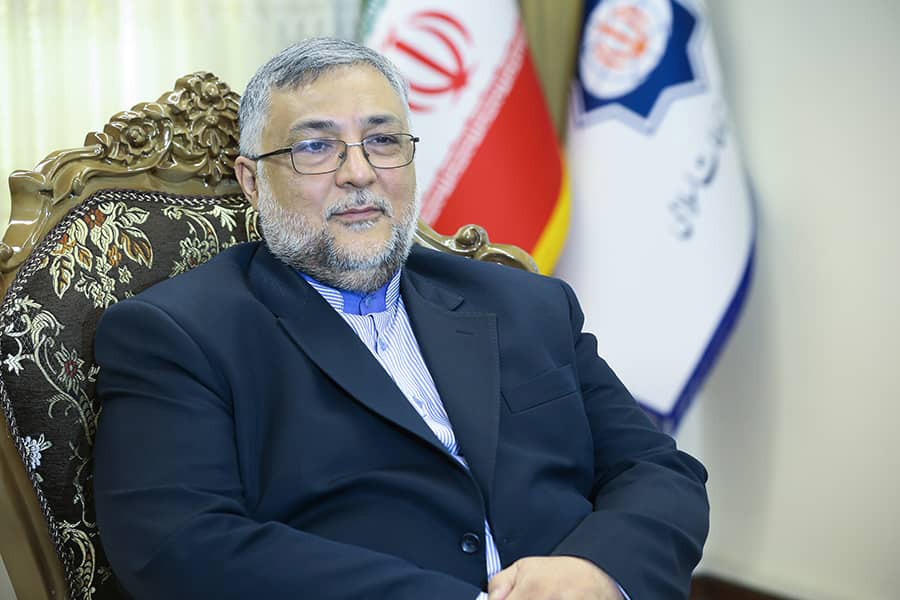
So, there is no dilemma as to whom “in case of problems Iran will assist,” but Iran’s gate to Bosnian Muslims has somehow always remained in the shadow of their closeness to Turkey, which is their motherland, with Saudi Arabia, the land of Hajj, with Egypt and the Al-Azhar University in Cairo, where generations of Bosnian clerics and Young Muslims were indoctrinated with the ideas of the Muslim Brotherhood. And, partly because Iranian Muslims – Shiites – are in perpetual not only ideological conflict with the Sunni global majority in the Arab world but also in Bosnia and Herzegovina.
However, the ties with the Persians were no less significant.
Khomeini’s Islamic revolution showed that a Sharia state is not a medieval anachronism and a fanciful vision of deluded Muslim fanatics, but an achievable reality even in the face of mighty America.
Even Tito’s Non-Aligned Movement, which brought together Islamic nations, was a great encouragement to the Bosnian Young Muslims, grown old in anticipation of emerging from communist isolation, and Khomeini’s triumphant return from Paris to Tehran provided solace to some party intellectuals, even to senior officials of the League of Communists of Yugoslavia from among the young generation.
During the preparations and throughout the course of the grand international gathering “Socialism in the World,” the leftists emphasized the social character of Khomeini’s revolution (the overthrow of the Pahlavi monarchy, anticapitalism, mass participation) and proposed inviting mullahs from Qom to Čavtat.
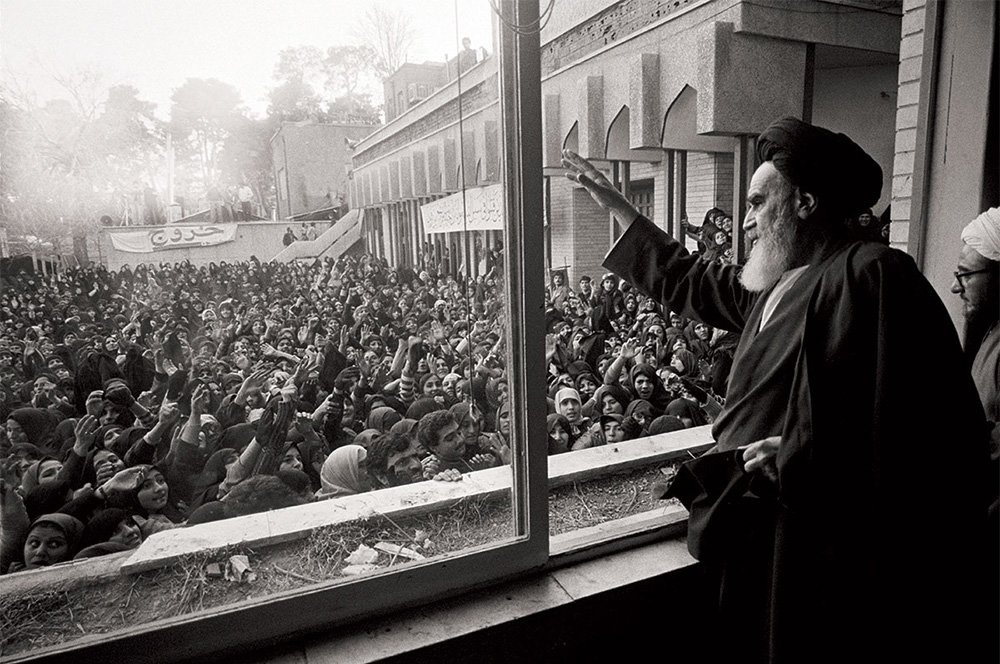
It was somewhere in the time when Alija Izetbegović secretly wrote the Islamic Declaration, with the thesis that the West had sunk into atheism, immorality, and hedonism. However, when a delegation from the SFRY, intentionally composed of Muslims, visited Tehran, the trial balloon burst already during the introductions.
The hosts couldn’t grasp that the guests were Muslims in a national sense but simultaneously atheists as Communists.
However, when Izetbegović, already as the leader of the SDA and Chairman of the Presidency of BiH, sought to mobilize support from Islamic countries and arrived in Tehran, there were no such misunderstandings. He didn’t adhere to nationalism, but he was 100% Muslim, and the brothers in Islam immediately recognized each other, conversing as Muslims do.
He presented his project of the Bosnian jamaat, intricately detailed in the Islamic Declaration, and their fraternal response was, “Bosnia will be a permanent item in the Iranian state budget.”
During the war, Alija’s most trusted people like Hasan Čengić traveled to Iran, and Omer Behmen, referencing the greatest sacrifice for Islam, served as the Ambassador of BiH in Tehran.
When Alija cried out for help with weapons, the OIC sent an ultimatum to the West that, should the USA not react, Muslim countries would unilaterally breach the UN arms embargo to supply weapons to BiH.
So that the sole superpower would not lose the authority of the world’s policeman, Clinton personally took the initiative, bypassing all intelligence agencies. Quite unexpectedly, he chose Tehran as the hub, and weapons and mujahideen reached war-torn central Bosnia via Zagreb.
After the failed Iranian counteraction in which American specialists failed to rescue hostages, Iranian colleagues presumably gained a reputation as the only worthy partner in an undertaking of this scale and level of secrecy.
But the ancient civilization, the great, rich, and powerful state, Iran, remained and continued to work in Bosnia on its own account.
The murderers of Nedžad Ugljen and Joza Leutar, high-ranking police officials with Western connections, were never revealed, but the handwriting of the IRGC was recognized. Finally, several years after the war, an Iranian (anti)terrorist camp led by Hasan Čengić and Bakir Alispahić, the first two men of Alija’s parallel lines of power in the military and police, was discovered in Pogorelica near Sarajevo.
The reaction from the USA was fierce and swift: this duo was permanently banned from engaging in power, and Alija, who had to be aware of and approve the camp, was given the opportunity to “retire from political life due to old age and illness” – all handled in record time, efficiently, and above all, discreetly.
When the banned Čengić attempted to run for the SDA presidency, calculating that it wasn’t a state function, Alija succinctly cut him off in that narrow and confidential circle without explanation: “Hasan, you know you can’t!”
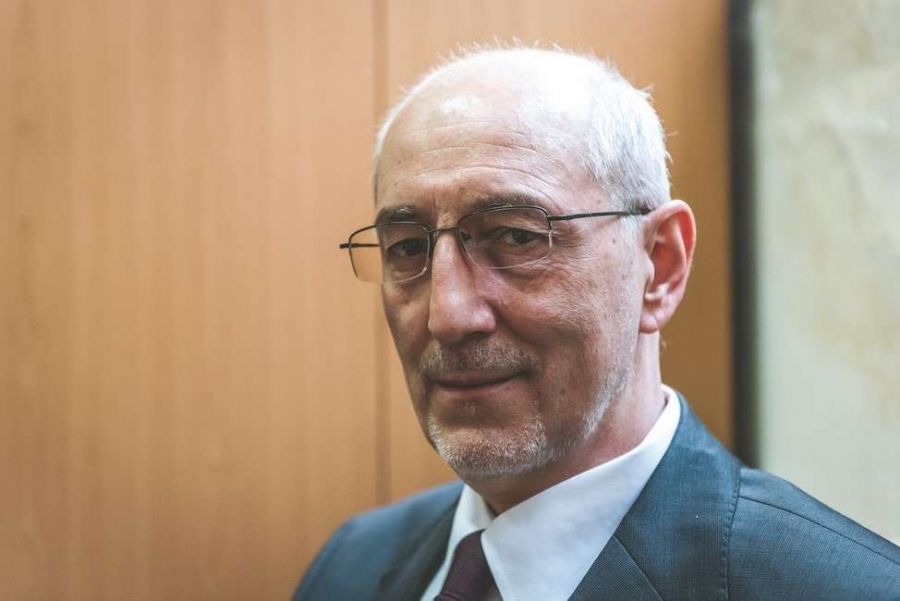
While the collective West has adeptly manipulated former colonies in the Arab world for centuries, pitting them against each other, favoring some over others, drawing them into wars, and overthrowing somewhat stronger and more independent leaders like Saddam, Gaddafi, Mubarak, it hasn’t been as successful with Iran.
Since the fall of Shah Reza Pahlavi and the rise of Ayatollah Khomeini, Iran hasn’t budged from America’s blacklist of “axis of evil” countries. The mullahs in Qom, who hold religious, moral, and judicial authority, view this conflict as a clash of civilizations.
Even Khomeini labeled America as the “Great Satan” and, akin to Alija, considered it a den of vice, perversion, dissipation, alienation, and the breakdown of all immaterial values.
For Americans, Iran stands high on the list of American enemies, and Israel fears Iran’s atomic bomb, or rather its nuclear program that will enable Iran to possess it.
Iran had long been inconspicuous in Bosnia, so the statement from its ambassador landed like a bolt from the blue.
What does this minimalist message mean in just a few words?
At first glance, it could be seen as an encouragement to the Muslim masses in Bosnia, displaying much stronger emotions of solidarity with the Arab world than the pro-American authorities in the Federation of BiH, which naively hopes for NATO and EU membership. However, it might also be seen as encouragement for the Bosniak authorities not to blindly follow the collapsed American policy and fear upsetting Washington and Brussels. Or, for instance, it might remind Nermin, Elmedin, and Danis that they are closer to their Muslim brothers than to their Protestant Uncle Sam.
The message could be interpreted much more broadly, signaling that Iran has decided to renew or strengthen its presence in the cantonal part of BiH.
Erdogan once referred to Alija’s legacy of caring for Bosnia. The Iranian ambassador, surely not acting alone, offers help in case of problems.
Does this mean that in resolving the crisis in BiH, alongside the collective West, Russia, and China, Turkey and Iran are involved as strong Muslim countries—where the former escaped Western control, the latter being a Western archenemy, and both, at the very least, are not inclined toward Orthodox Serb?
The situation is eased by the fact that both Turkey and Iran have good relations with Russia, the protector of Republika Srpska against Western pressures.
It’s telling that Bosniaks, to whom a proposal of goodwill was addressed, and even Croats, who received a reproach, didn’t comment much on the statement by the Iranian ambassador Abuzar Ebrahimi Torkaman. And from Republika Srpska, albeit from a lower level, there were reminders of Tehran’s role in the wartime transfer of mujahideen to BiH and the massacre of Serb near Vozuća.
Ultimately, it remains unclear what the ambassador’s “in case of problems” actually refers to.
The Bosniak problem solely consists of their belief that the entire BiH belongs to them and that the parts where Serbs and Croats have lived for ages are just temporarily occupied territories.
Therefore, Dodik’s peaceful separation might be the only rational solution.
